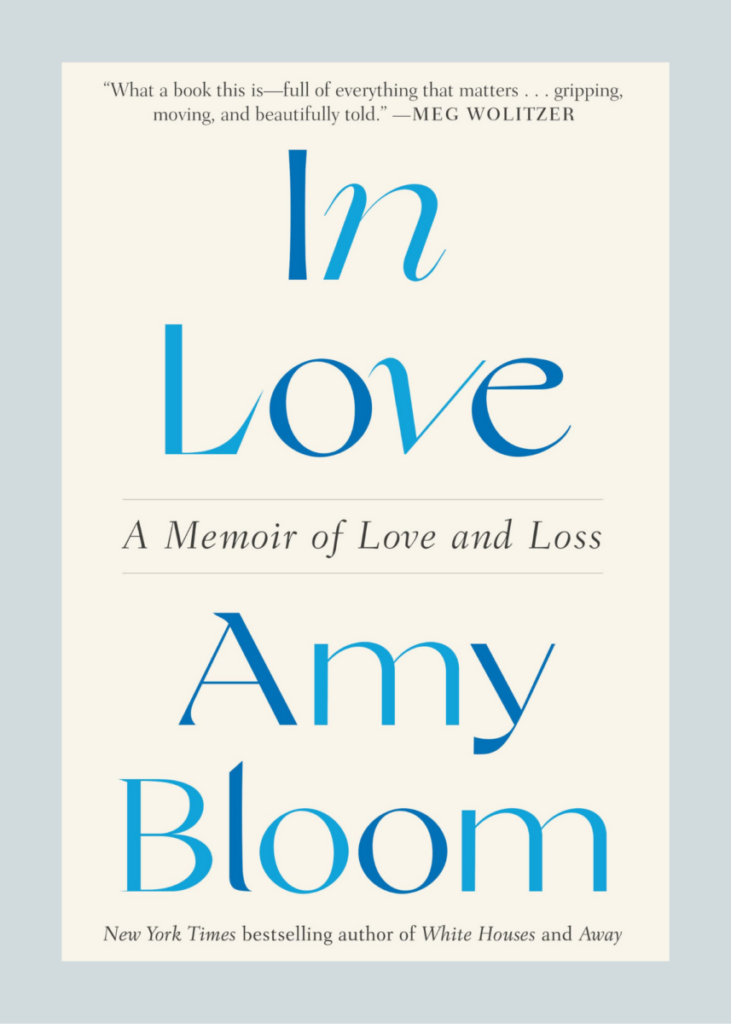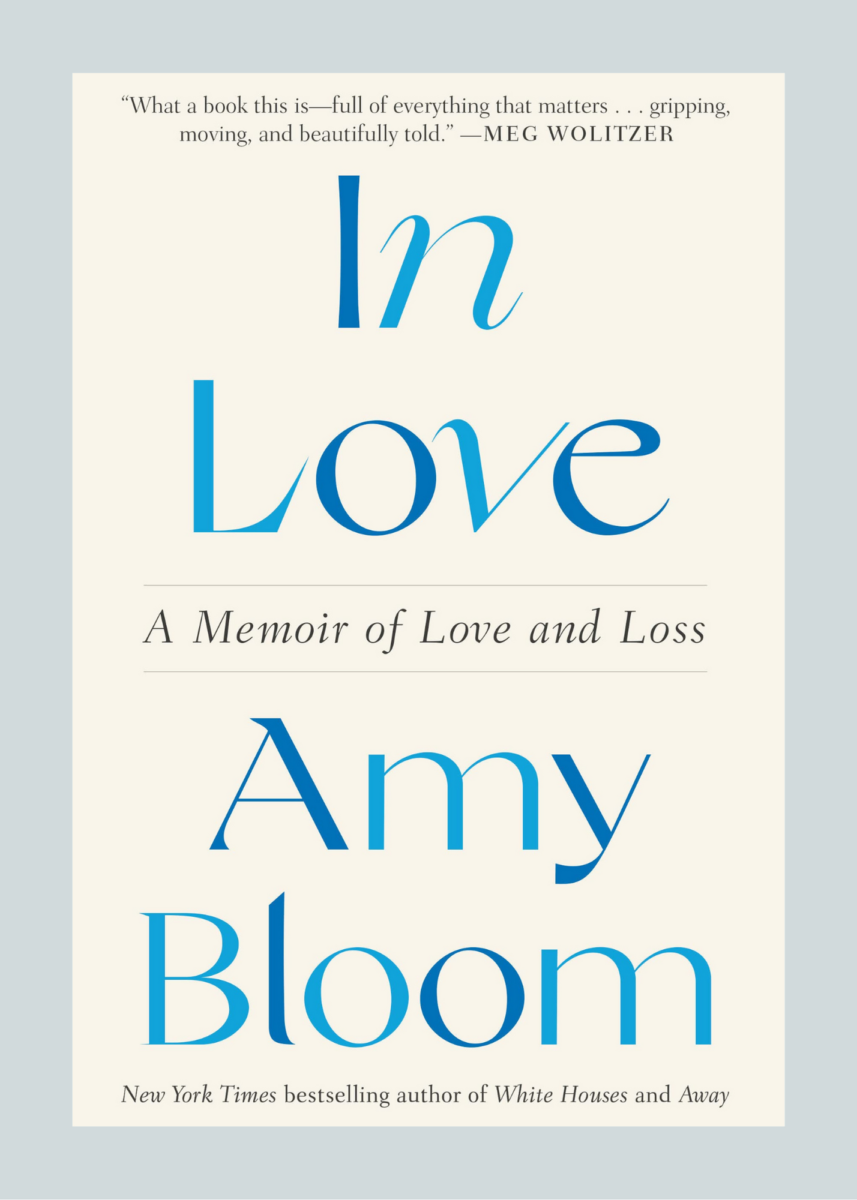In Love by Amy Bloom
A short and moving read, In Love by Amy Bloom tells the author’s story of traveling to Switzerland with her husband so that he can die with dignity before succumbing to his early-onset Alzheimer’s. As someone who has Alzheimer’s in their family, and who has watched a loved one in his “long goodbye,” this was an especially poignant tale regarding control over one’s exit.
ADD TO YOUR LIBRARY
IF YOU HAVEN’T READ THE BOOK, STOP READING! SPOILERS AHEAD
I should preface that this story is sad, philosophically so at times, and may not be easy to read. I recommend that you still do.
Amy was an author prior to this memoir, which I’m sure aided in how well-written I felt it was, but also probably aided in the speed in which this was published. The main event is in January 2020, right before COVID-19 locked down the world, and In Love was published in early 2022. For a story so personal to be fully written, pitched, edited, and published in two years is probably in part due to Amy’s “team”, but I’d think the majority of it comes from Amy’s need to share Brian’s story with as many people as possible. Time is truly of the essence when it comes to Alzheimer’s.
The opening of the book is very powerful and sets the scene for the rest of the story. Amy and her second husband Brian were married for thirteen years when every now and again, she’d notice things off with him. He was pulling away from activities and people he cherished, becoming easily frustrated when he’d normally been even keeled, etc.
After a referral to a neurologist, Brian was diagnosed with early-onset Alzheimer’s. Within 48 hours, he knew he wanted to control his exit and wouldn’t wait for the disease to tear him away piece by piece. Amy researched methods, legal and illegal. Death with Dignity is very hard to achieve legally in the US, and they eventually found Dignitas in Zurich.
Amy details the story of their process with Dignitas through vivid flashbacks of the application and interviews juxtaposed with their trip in Zurich, where each day that passes is another day closer to Brian’s death.
He eventually passes away with Amy by his side in a Dignitas apartment, and Amy flies home with a friend. She shares what happens in the weeks and months after his death, with celebrations of life and her family’s support.
I at first was shocked that mere days after being diagnosed, they decided on a final action, but through the stories Amy tells, I understand now that speed is key. Alzheimer’s can move slowly or more quickly, and when trying to die with dignity, discernment is needed to be accepted. You can never really know how long to “wait” because by the time you start the process, the individual’s discernment may be gone.
This brings up the whole philosophical merits and downsides of choosing to end your life when facing a terminal illness. In the US, it’s extremely hard to do without a doctor saying you have less than 6 months to live, and with Alzheimer’s that number will always be 5-12 years. It’s legal in Switzerland through a loophole that the company has no financial gains from assisting the individual in ending his or her life, which is how Brian was able to do so.
I admire Amy in being open about how isolating it is to deal with Alzheimer’s, as well as how challenging the entire process was for her not only with the diagnosis, but trying to support her husband’s decision to end his life.

Roses
- I felt she did a great job of educating people around the early signs of Alzheimer’s, as well as how difficult it is for everyone in the fallout
- I learned a lot about Death with Dignity and what that looks like in the US
- overall very well written and moving (though extremely sad)
Thorns
- since this is a memoir, and a short one at that, this isn’t really the type of book I have complaints about
4/5








